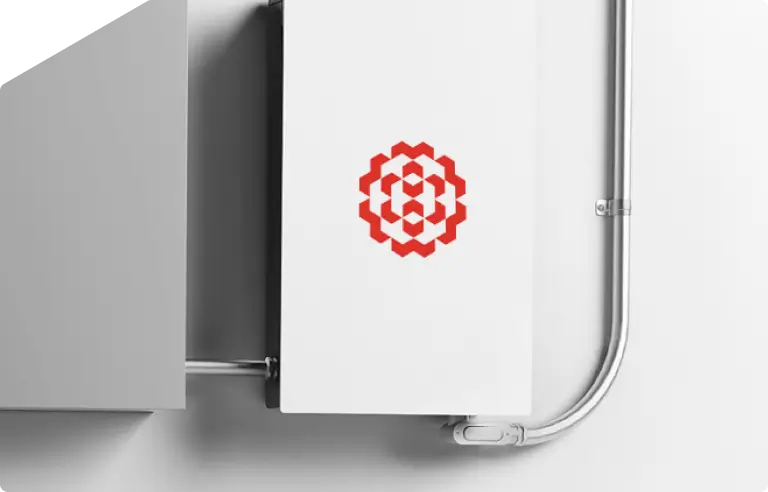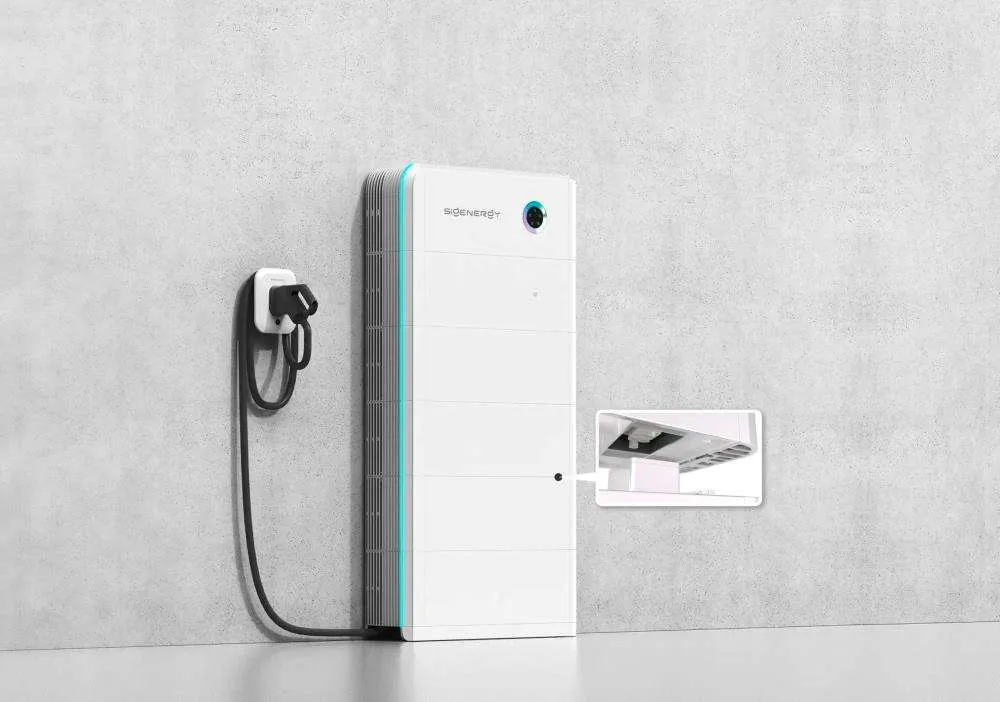Table of Contents
At Sunollo, our mission is to make solar energy accessible and straightforward for homeowners across Singapore and ASEAN. We understand that navigating the world of solar power can be complex, especially with the array of new terms and concepts. To assist you in making informed decisions about your solar energy journey, we’ve put together this glossary to explain essential solar terminology in simple terms.
- Array: In solar terminology, an “array” refers to a collection of solar panels arranged together. You might see solar arrays installed on rooftops, in open fields, or even floating on bodies of water.
- Bill Credit: A bill credit is a reduction on your utility bill due to the excess electricity your solar panels generate and feed back into the grid. In Singapore, these credits might be labeled as “export credits” or “energy generated” on your monthly utility statements. This might be provided by SP in Singapore.
- Building-Integrated Photovoltaics (BIPV): BIPV refers to solar panels that are integrated into building materials, such as windows or facades, providing a dual function of energy generation and structural application. This is particularly useful in Singapore’s dense urban environment.
- Circuit Breaker: This device is essential for protecting your home’s electrical system from overcurrents that could cause damage or fires. In solar installations, circuit breakers and a “DC disconnect switch” ensure your system can be safely turned off if necessary.
- Electric Panel: Known also as a service panel or breaker box, this is the central hub where both grid and solar power enter your home’s electrical system.
- Efficiency: Solar efficiency measures how well a solar panel converts sunlight into electricity. It also refers to the overall performance of a solar power system in generating and utilizing energy.
- Energy Audit: An energy audit evaluates your home’s energy use and identifies ways to improve efficiency. This might include upgrades to lighting, insulation, or appliances, ultimately helping you save on energy costs.
- Energy Management System (EMS): An Energy Management System monitors and controls energy usage in buildings. In Singapore, EMS can be integrated with solar systems to optimize energy consumption and enhance efficiency.
- Feed-in Tariff (FiT): A Feed-in Tariff is a policy mechanism that offers fixed payments to solar energy producers for the electricity they generate and feed into the grid. In Singapore, the FiT scheme supports solar adoption by providing financial incentives for solar installations.
- Grid Independence: Grid independence means generating enough solar power to meet all or most of your energy needs without relying on the national grid. In Singapore, this is more common with larger systems or in conjunction with energy storage solutions.
- Ground-Mounted Solar: Unlike rooftop installations, ground-mounted solar panels are installed on the ground and angled to maximize sunlight exposure. This can also include solar carports or panels above parking lots.
- Inverter: An inverter is a crucial component of a solar energy system that converts direct current (DC) generated by solar panels into alternating current (AC) used in homes. In Singapore, you can choose between string inverters and microinverters, depending on your system’s needs.
- Kilowatt (kW): A kilowatt is a measure of power equivalent to 1,000 watts. Solar energy systems are often rated in kilowatts based on their total power output.
- Kilowatt-hour (kWh): This unit measures electricity usage or production. One kilowatt-hour represents the energy used or generated over one hour. Your solar system’s performance is often tracked in kilowatt-hours.
- Net Energy Metering (NEM): This billing mechanism credits you for the electricity your solar panels generate and send back to the grid. Singapore’s version of net metering provides financial credits that help offset your utility bills.
- Off-Grid: An off-grid system operates independently of the utility grid. In Singapore, most residential systems are grid-tied, but off-grid systems can be used for remote areas or specific applications.
- Photovoltaic (PV): Photovoltaic technology refers to the conversion of sunlight into electricity using solar panels. Most residential solar panels are photovoltaic, and they come in various types such as monocrystalline and polycrystalline.
- Power Purchase Agreement (PPA): A Power Purchase Agreement is a contract between a solar provider and a property owner, where the provider installs and maintains the solar system, and the owner purchases the generated electricity at a set rate. PPAs are common in Singapore’s commercial and residential solar markets.
- Renewable Energy Certificates (RECs): Renewable Energy Certificates represent proof that energy has been produced from renewable sources. In Singapore, RECs are used to track and trade renewable energy generation, supporting the country’s green energy targets.
- Renewable Energy Transition: The renewable energy transition refers to the shift from traditional fossil fuels to renewable energy sources like solar power. In Singapore, this transition is supported by government policies and initiatives to promote sustainable energy solutions.
- Solar Leasing: Solar leasing allows homeowners or businesses to install solar panels without purchasing them outright. In Singapore, this option can provide immediate savings and access to solar energy with minimal upfront investment.
- Solar Ownership: Solar ownership involves purchasing your solar panels outright, either with cash or through a loan. This method allows you to maximize savings and potentially increase your property’s value.
- Solar Panel Durability: Durability refers to how long solar panels can effectively operate. In Singapore’s humid and tropical climate, choosing durable panels is essential to ensure long-term performance and reliability.
- Solar Panel Efficiency: Solar panel efficiency measures how well a panel converts sunlight into usable electricity. In Singapore, higher efficiency panels are crucial due to the limited space on rooftops and the need to maximize energy production.
- Solar Panel Recycling: Solar panel recycling involves processing old or damaged panels to recover valuable materials and reduce environmental impact. In Singapore, this practice supports the country’s sustainability goals and responsible waste management.
- Solar Photovoltaic (PV) Panels: Solar PV panels convert sunlight directly into electricity using photovoltaic cells. In Singapore, PV panels are commonly used in residential and commercial solar installations to generate clean, renewable energy.
- Solar Shingles: Solar shingles are a newer option that integrates solar technology into roofing materials. They offer the same benefits as traditional solar panels while maintaining the look of conventional roofing.
- Solar System Integration: Integration refers to how a solar system is incorporated into an existing energy infrastructure. In Singapore, this includes connecting solar panels to the grid, energy storage systems, and home or building energy management systems.
- Solar System Maintenance: Regular maintenance is essential to ensure the optimal performance of solar systems. In Singapore, maintenance services include cleaning panels, inspecting electrical components, and ensuring the system operates efficiently.
- Solar System Sizing: Solar system sizing involves determining the appropriate size and capacity of a solar system based on energy needs and available space. In Singapore, accurate sizing ensures that the system meets energy demands without over or under-sizing.
- String Inverter: A string inverter is a central device that converts the DC power from multiple solar panels into AC power. This is a common choice for solar systems due to its cost-effectiveness and efficiency.
- Time-of-Use (TOU) Rates: TOU rates vary the cost of electricity based on when it is used. This pricing structure can affect the value of solar credits and influence when you use or store your solar-generated power.
To explore more about how solar can benefit you, visit our Solar Energy System Calculator and learn about savings and system sizing tailored to your home in Singapore. For more tips and insights, check out our blog.











.jpeg)






